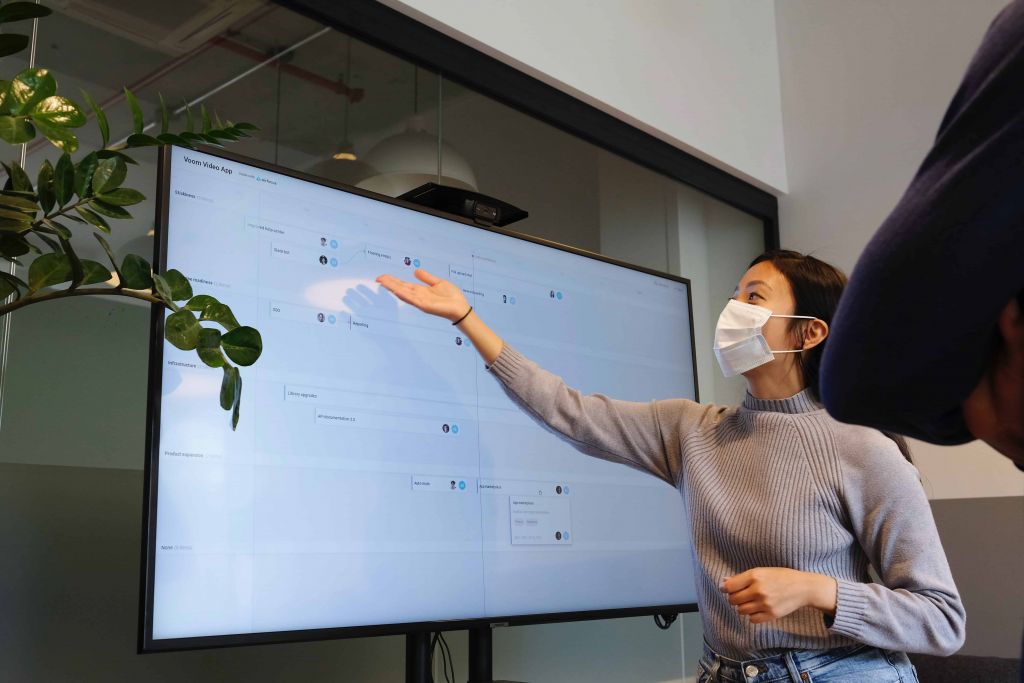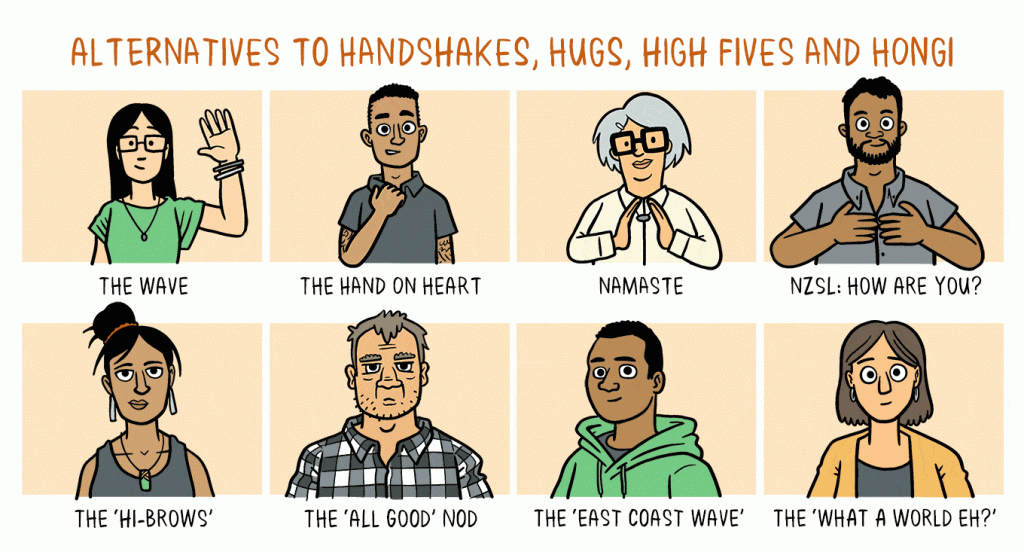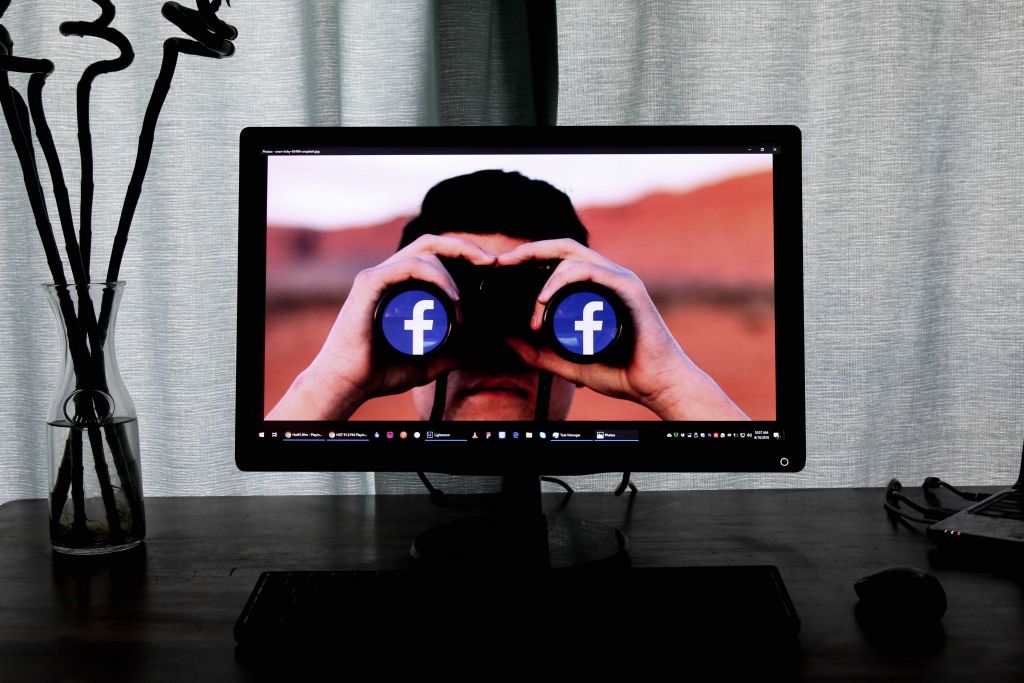With Covid-19 vaccinations ramping up around the world, business meetings are becoming a possibility again. However, some additional business etiquette considerations should be in place to keep everyone a little safer from infectious diseases even after the current health pandemic.
We have compiled evergreen and new Covid-19 business etiquette which covers handshake protocol, appropriate dressing, greetings and basic personal hygiene safety measures.
importance of Business etiquette
You may be asking in a world of advanced technology, online meetings and digital nomads, why is business etiquette important?
The reason is etiquette, like good manners, never goes out of style. It helps us get along with others and makes it easy for teams to work together.
Good business etiquette is even more important as the world globalises. By acting professionally and respectfully, you are better positioned to build and maintain relationships. There is no question that relationships enhance your chances at success.
The pandemic has changed how we behave. So lets start with covid-related business etiquette that is applicable all over the world.
Covid-Related Business Etiquette Examples:
1. A social distance greeting instead of a handshake
Despite the significance of shaking hands in the corporate world, it is safest to do away with handshakes for the time-being.
The World Health Organisations (WHO)’s ideas for social distance greetings include ‘placing one hand on your heart’, putting two hands together in a ‘namaste’, a slight bow and a small wave.
Find an alternative to handshakes that works best for your company. Encourage everyone to adopt it. Make it fun.
Elbow bumps and fist bumps are not encouraged by The Etiquette School of America because it requires you to be closer than six feet, the social distance recommended by the Centers of Disease Control (CDC).
2. Wearing a mask and using hand sanitisers
If you are organising a physical business meeting, place hand sanitisers at accessible areas around your meeting space. This way, participants can sanitise their hands regularly before or after physical contact or touching surfaces.
Also ensure that your washroom has a good supply of hand soap. Invited participants should feel safe and comfortable and they may want to wash their hands before and after a meeting to prevent the spread of germs.
3. Meet in spacious and well-ventilated areas
If you’re planning a business meeting, one good way to keep up social distance would be to alternate participants with empty seats. Guidelines advise for 6 feet distance between seats with clear visual markers for participants to be mindful of.
Ideally, a meeting room should only be filled up to 50% of its original capacity.
After more than a year of being indoors, a nicely-lit and well ventilated space or perhaps even an outdoor setting will be much appreciated and can help set the tone of your business meeting.
4. Master virtual business etiquette
There is no denying that virtual meetings are an invaluable tool for connecting with everyone from prospects and clients to colleagues and remote team members.
Virtual business etiquette tips include being punctual and that means don’t log on with only 30 seconds to spare, sticking to specified timeframes – i.e., don’t over run , watching your non-verbal communication, minimising distractions . And, don’t multitask i.e. checking your emails or social media when others are talking.
Evergreen Corporate Etiquette Examples:
Basic business etiquette covers many factors from the way employees dress at work, how to speak to clients and acceptable social practices.
Here are some examples of what is generally considered as proper business etiquette.
5. Be early or at the latest, be on time
It’s rude to waste someone else’s time. This applies to meetings, business lunch, conferences. You should aim to be there about 5 to 10 minutes early.
Punctuality shows others that you value their time, while lateness comes across as inconsiderate. Of course, there might be a valid reason to being late. If so, give the people you’re meeting plenty of notice.
Consider using mobile apps or setting reminders on your phone to help you manage your time.
6. Adapt to local customs
All of us are looking forward to the day that we can travel again. When the time comes and you are off on that foreign business trip, make the effort to learn about local customs.
Learning a local greeting or making a thoughtful observation about your surroundings is always appreciated. Also look for important considerations in some cultures.
For example, respecting the tipping culture in the US or avoid talking about religion or politics in Japan. The basic idea is to avoid social faux pass that is embarrassing or tactless.
7. Be Professional
Professionalism is hard to define but the list of what constitutes as professional behaviour is endless. It includes being polite to everyone, knocking before entering an office and keeping important client information confidential.
You are extremely professional if you give others your complete attention when they’re speaking. This means when someone is talking, resist the urge to talk to someone else or to check your phone.
Good business etiquette and professionalism also extends to dressing appropriately for your position.
8. Dress Appropriately
The etiquette for how to dress for business varies considerably from one country to the next.
For example, you might presume that some of the hottest countries encourage modest dressing – but that is not always the case.
Dressing appropriately generally means dressing respectably, and in some countries, this means keeping your knees and shoulders covered.
While your company may have strict guidelines on how to dress, big multinationals often just specify “dress for your day.”
This means if you’re going to see a client, dress accordingly: in a suit or such. If you’re going to spend the day at your desk or working from home, it’s okay to dress more casually— just don’t look like you just rolled out of bed or are headed to the beach.
9. Be respectful
Being respectful is polite. More importantly, it makes it easy for others to be around you. As mentioned, it is disrespectful to interrupt other people when they’re speaking.
Also refrain from bad language or criticising another persons’ culture or country. Even if your clients think you have a point, they won’t appreciate you drawing attention to the fact.
Complaining should be kept to a minimum, too, as it can be considered bad manners.
When negotiating, try to be assertive without being aggressive. Avoid interrupting and be diplomatic even when you disagree with what someone else is saying.
Being respectful also applies outside of the office – particularly when you’re entertaining a client at a restaurant or some other venue. Here, you need to watch your table manners (see below).
While it’s good to establish a relaxed rapport with your working colleagues and business contacts, it is truly skillful to always be professional and respectful.
10. Use Common Sense
You’ll need common sense in a million and one different situations that can occur throughout the working day and throughout life.
For example, think about how important it is to your company to keep business conversations private. If it is important, be very discrete when chatting to a co-worker about the meeting you’ve just attended if you are in a public place.
Also be careful about what you share on social media. Badmouthing the people that you met through work can have serious consequences.
If you think what you do on social media only affects your personal life, consider some facts : 60% of employers use social sites to research job candidates, 41% say they use social networking sites to research current employees and 26% have found content online that caused them to reprimand or fire an employee.
11. Practice Good Table Manners
Every country has different customs and traditions when it comes to eating. Read up on these before you travel.
Common table manners, such as not speaking with your mouth full, using your napkin and keeping your bag off the table should be observed.
If you’ve brought your partner or co-worker with you on your trip, check they have an invite to the meal rather than assuming. It could make things awkward for everyone if you don’t.
While politeness alone won’t be enough to make your business trip a success, it’s certainly a factor in convincing clients that you and your company are people they want to do business with.
12. Comply with your company’s travel policy
Your company should have a travel policy that outlines clear rules on how to make a hotel or airline bookings to claiming expenses.
Comply with this as it is designed primarily to keep you safe during your business travels.
It’s essential to understand the dos and don’ts of local business etiquette so that you can conduct yourself professionally and represent your organisation effectively.
Practice these business etiquette tips
to unlock more opportunities for your company
and boost your own career prospects
Get in touch with US for all your business travel needs











